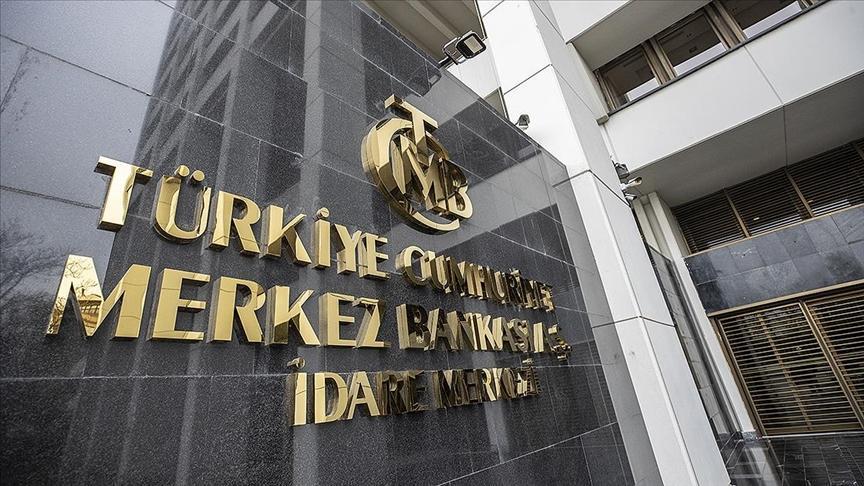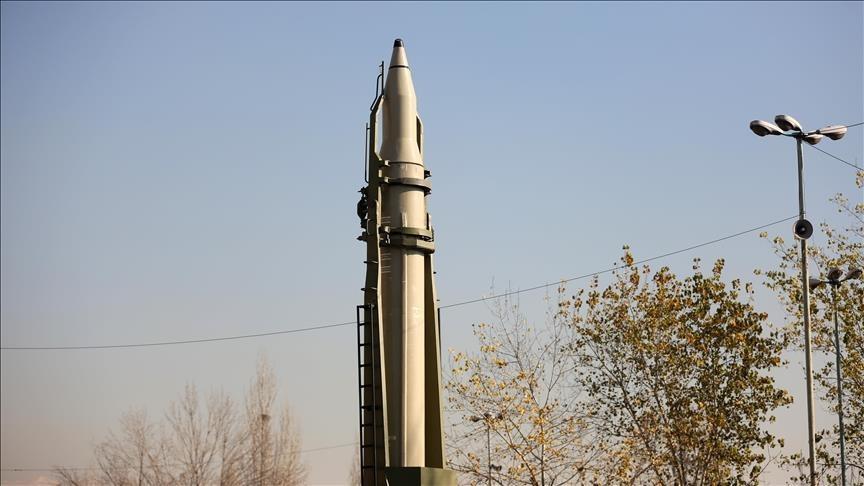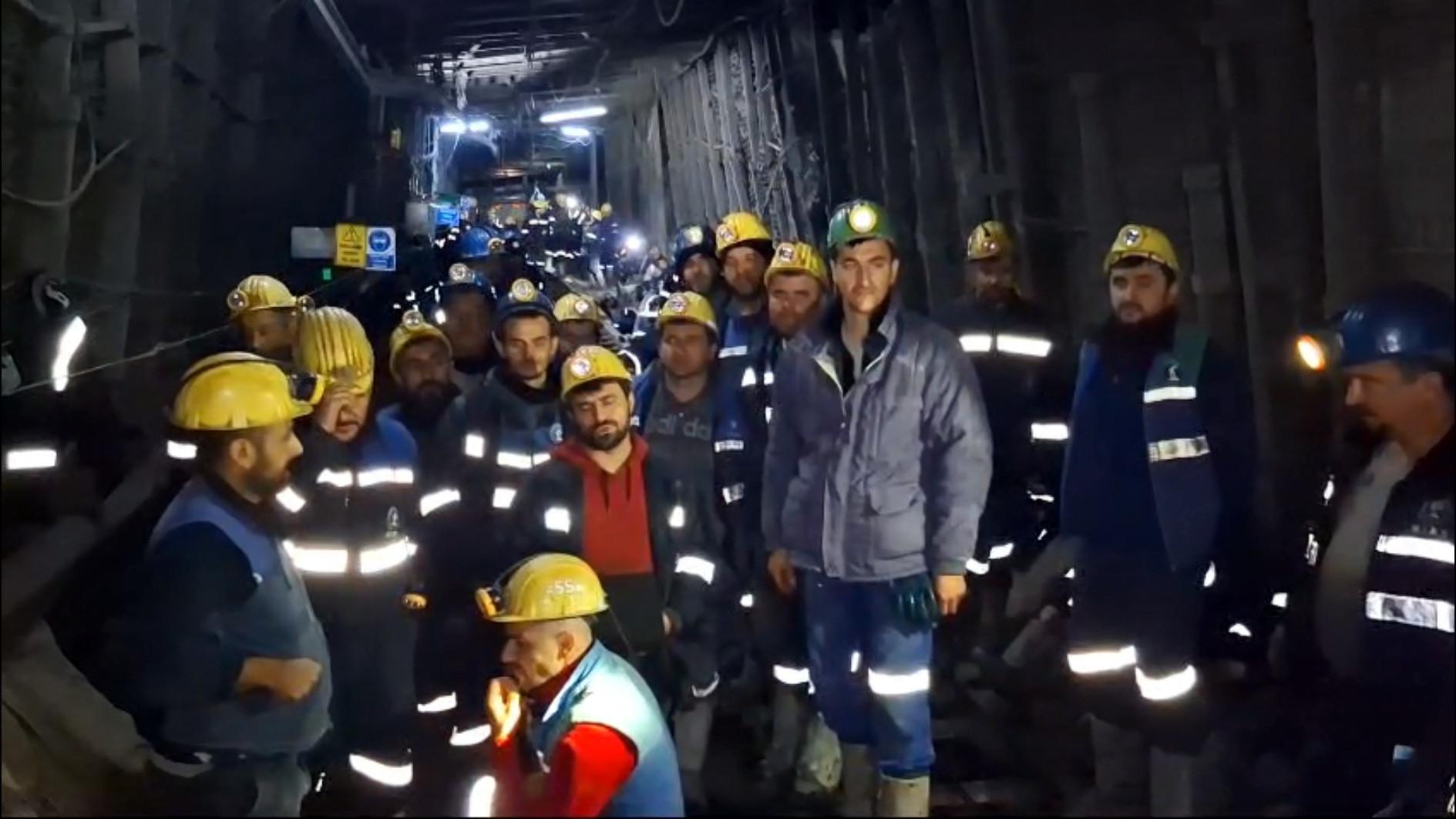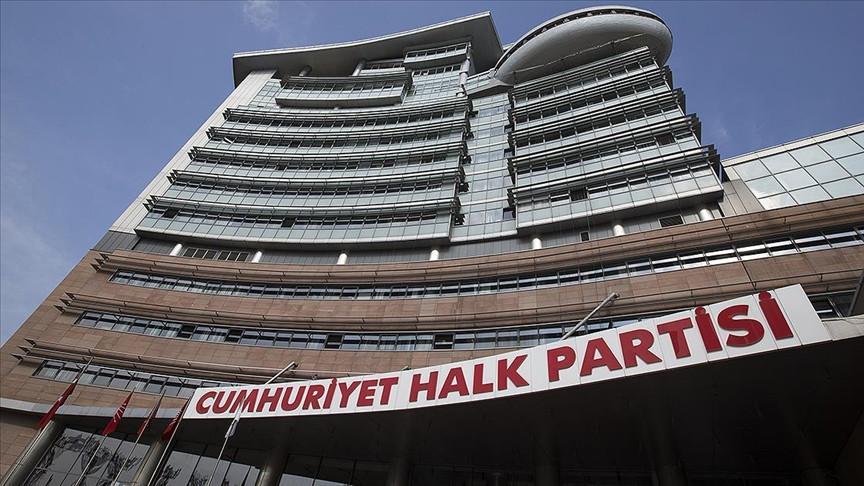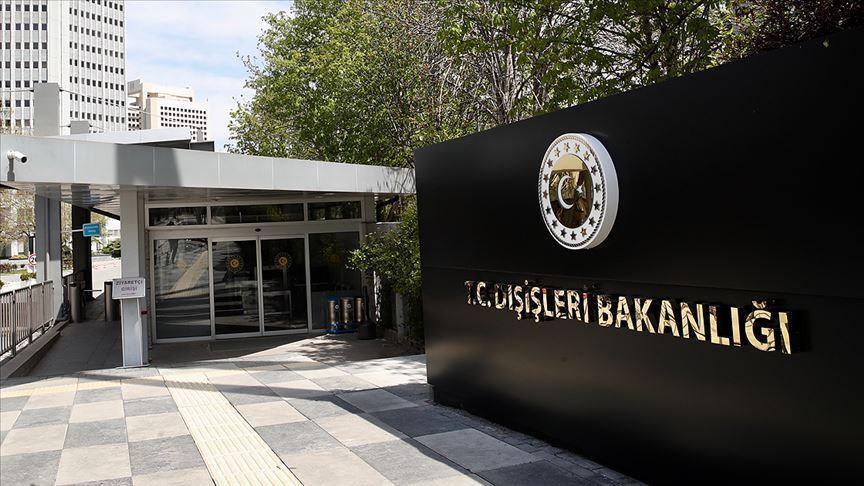Turkey back under Euro monitoring after 13 years, government furious
STRASBOURG/ANKARA
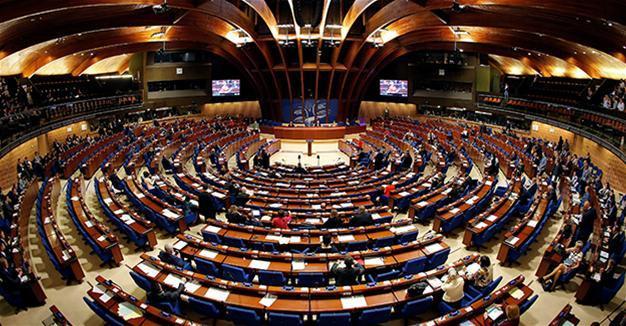
REUTERS photo
The Parliamentary Assembly of the Council of Europe (PACE) voted on April 25 to reintroduce a monitoring process for Turkey with the move triggering fury in Ankara.“We strongly condemn this unjust decision of PACE taken with political motives, in contravention of established procedures,” the Turkish Foreign Ministry said April 25, arguing that the move would “only serve terror organizations,” including the Fethullahist Terror Organization (FETÖ).
The assembly’s monitoring committee raised concerns over constitutional amendments that were approved on April 16 in a national referendum amid a state of emergency.
The amendments, which significantly expand the powers of the presidency, “do not comply with our fundamental and common understanding of democracy,” Turkey rapporteur Marianne Mikko said at the assembly.
Mikko stressed that the monitoring process was not “punishment” but a bid to strengthen dialogue with Turkey.
Some 113 representatives voted in favor, 45 voted against and 12 abstained on the resolution on a report titled “The functioning of democratic institutions in Turkey” authored by Ingebjørg Godskesen (Norway, European Conservatives Group) and Mikko (Estonia, Socialist Group).
Godskesen and Mikko noted the “serious deterioration of the functioning of democratic institutions” and recommended that the assembly “reopen the monitoring procedure in respect to Turkey until its concerns are addressed in a satisfactory manner.”
Their report, which was presented at the assembly, leveled severe criticism at the actions undertaken during the state of emergency in Turkey and expressed deep concern about the scale and extent of the purges in the public administration, the judiciary and many other public institutions. The draft report underlined a “serious deterioration of the functioning of democratic institutions in the country.”
The report urges Turkey to take urgent measures to restore freedom of expression, including the lifting of the state of emergency and the release of MPs and journalists. It calls on Ankara to halt the publication of emergency decrees which bypass parliamentary procedures, unless strictly needed under the state of emergency law, and put an end to the collective dismissal of civil servants through emergency decrees. The assembly, in the framework of the monitoring procedure for Turkey, will assess progress made in a report to be presented in the course of the 2018 session of the assembly.
Amendments by Turkish MPs rejected
Turkish parliamentarians from the ruling Justice and Development Party (AKP) called the draft resolution “biased.” Talip Küçükcan form the AKP said reopening the monitoring procedure for Turkey would harm relations with the CoE and urged to discuss a road map instead.
Several amendment proposals by Turkish lawmakers to the content of the report were rejected by the assembly.
Turkey was placed under a monitoring process between 1996 and 2004 by the Strasbourg-based body, of which Turkey is a founding member, before being promoted after enacting structural changes and regulations. Turkey is the first European country to be removed from the monitoring process only to be reintroduced later.
In 2004, the EU said Ankara had to exit the monitoring process in order to meet the Copenhagen criteria. In the same year, the EU provided a date to begin accession negotiations after the monitoring status was lifted, ruling that Turkey had successfully met the Copenhagen criteria.
PACE’s move confirms that Ankara has not fulfilled the Copenhagen criteria, which was the starting point for the country’s EU accession negotiations.
The EU Council, which postponed the request to suspend negotiations with Turkey during a summit in December 2016, will review the request at the end of this month if PACE downgrades Turkey’s status.
Decision will ‘serve terror organizations,’ says Ankara
Turkey’s Foreign Ministry called the move a “disgrace.” “Deciding to reopen the monitoring procedure on Turkey, a staunch defender of contemporary European ideals and values and a founding member of the Council of Europe, under the guidance of malicious circles at PACE is a disgrace to this institution, which claims to be the cradle of democracy,” it said.
Recalling that Turkey contributed to the security and stability of the whole of Europe “while hosting 3.2 million Syrians and countering treacherous terrorist organizations,” the statement accused PACE lawmakers of having “an imprudent mindset lacking strategic vision and ignoring the common and democratic values on which Europe is founded.”
“The influence of these ill-intentioned circles was also witnessed when certain PACE members who came to observe the referendum were selected from sympathizers of a terrorist organization. The decision to reopen the monitoring procedure is yet another plot of these malicious groups,” read the statement.
Describing the decision against Turkey as “marginalizing and alienating,” the Foreign Ministry said it would only “serve terrorist organizations, in particular FETÖ, which constitute a danger not only to our country but also to the entire European system and its values.”
“The decision on monitoring also overlooks the constructive and frank dialogue and cooperation maintained by Turkey with the Council of Europe uninterruptedly in the aftermath of the terrorist coup attempt [of July 2016]. Such a decision leaves no choice to Turkey but to reconsider its relations with PACE,” it stated.
“Despite such an unjust, politically motivated and biased decision by PACE, Turkey will continue its resolve to further enhance the rights and freedoms of its citizens without compromising on democratic standards, human rights and its commitment to international obligations in this field,” it added.
Presidential spokesperson İbrahim Kalın also condemned the decision, saying it was a “political operation by anti-Turkey circles.”
The decision is “not fair, it’s wrong and has nothing to do with the realities of Turkey,” EU Affairs Minister Ömer Çelik said April 25.
“This is a political operation. It is the EU countries that need monitoring,” said Bülent Gedikli, an adviser to the presidency.
Main opposition Republican People’s Party (CHP) lawmaker Öztürk Yılmaz said they greatly regretted the decision, while calling on the government to urgently halt the state of emergency.


